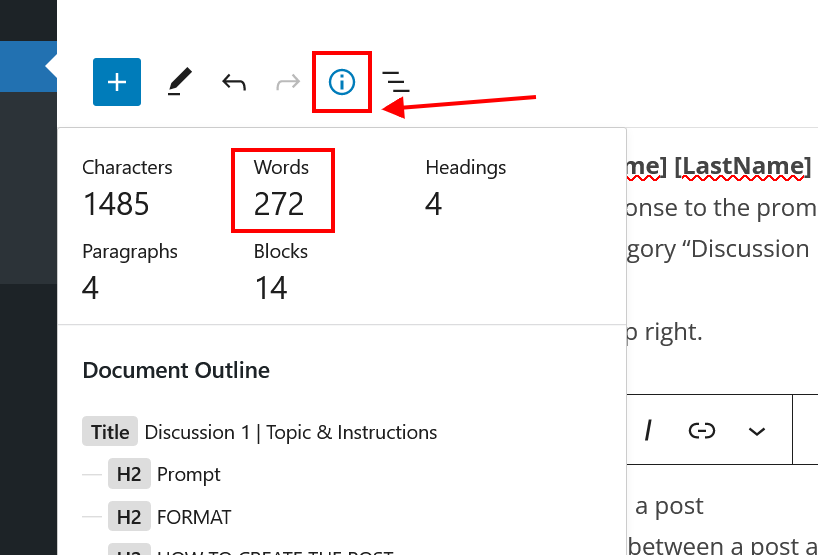When we were first introduced to identity politics I had trouble overcoming the urge to directly relate it to Politics and kept trying to understand how our government plays a role in these topics. The government definitely does play a role, but in the conversation of identity, we zero in on the groups created in order to move away or break free from societal norms and traditions. In The Power of Identity Politics, Garza thoroughly explains the experiences of those who do not fit the idolized image of a white man. They show us how exercising power within identity groups is stronger than an individual trying to have their voice be heard. Williams on the other hand gave a very personal example of how she was directly affected by the judgment of her identity. By standing her ground and not allowing these stereotypes negatively impact her, she was able to use her power in a positive and effective way.
I would love to dive into the topic of reproductive rights and trans rights regarding healthcare. I do not hear about these issues enough in mainstream media. Recently… as of yesterday, Oklahoma passed a law to make abortion illegal. It hurts my heart to see women’s rights yet again in the hands of white men who should have no say in what a woman is meant to do with her body. I think this also could relate closely to society’s standards of how women should look, filters and apps that completely distort the female face have a really negative impact on young and old generations. I feel that these are ways to barbarically enhance the natural features we are given at birth, without surgery, and set an unattainable standard of what men seek.

